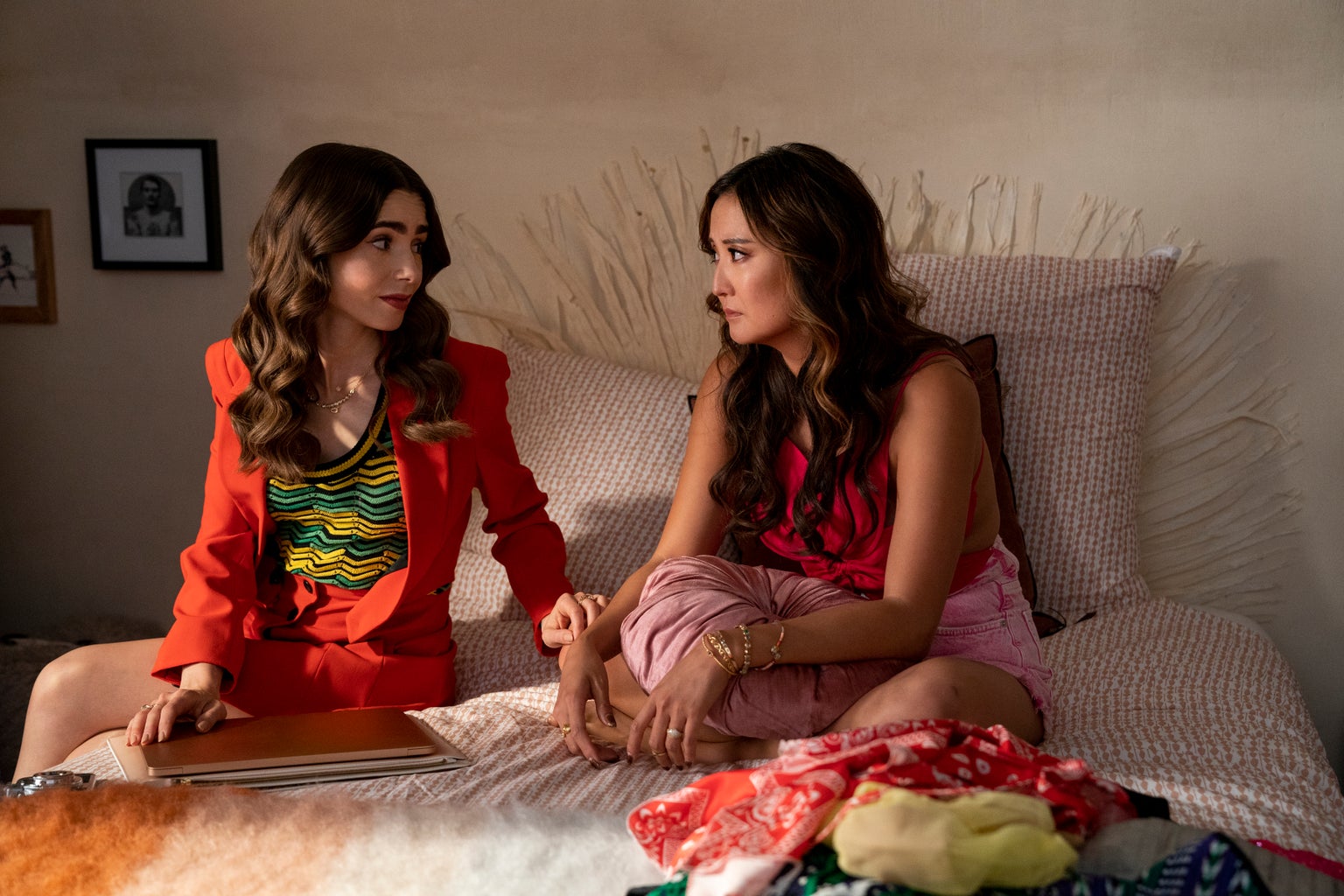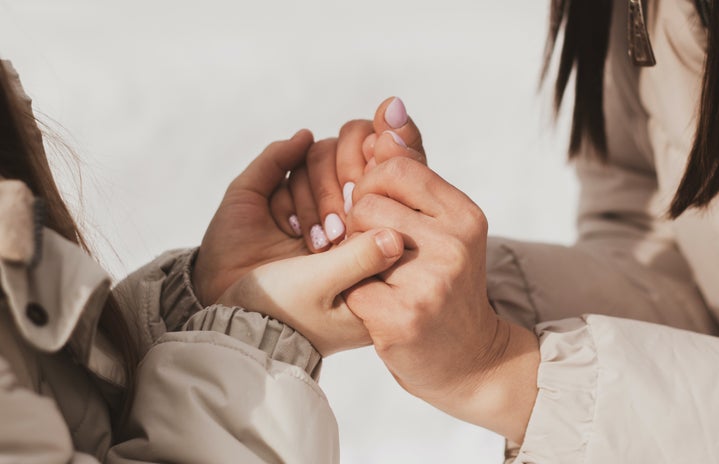I’m a woman of many irrational fears. I fear being stereotyped as an American with limited geographical skills, being filmed as a complacent bystander (the John Quinones effect) and having boring answers if I were to be stopped for a street interview. To resolve my fears, I play “street interview” by myself on the way to class so I’m always prepared to put on a show.
Now let’s include you in this street interview game and reverse the roles: if I were to street interview you, I would ask you what loneliness is. At first, you would probably be disappointed that the question is so lame compared to those rapid-fire TikTok interviews, and then respond with something like “having no friends.” You would happily walk off while I would feel distressed by your incomplete answer. But how can we not be naive about loneliness when even Google fails to define it properly? The search engine we trust for any and every question states that loneliness is apparently “sadness because one has no friends or company” or the state of “being unfrequented.”
My journey to actually understand loneliness started when I came across a psychology paper that completely redefined loneliness. Loneliness was described as an emotion that occurs when there’s a disparity between desire and perception. Simply put, we feel lonely when we desire to have five friends but we perceive ourselves as only having two.

Obviously, this is an extremely simplified version of what encompasses loneliness. And because our complexity is a part of what makes the human experience so beautiful, humbling and vulnerable, your desired and perceived levels of social connection will naturally fluctuate. But note that the key concept of loneliness lies in how you perceive your relationships; there’s no quantitative value present. This is very relieving (I would hope that your friends mean more than numbers that represent how lonely or social you are).
This redefined definition of loneliness is my most frequented idea in college. The big sisters on TikTok claim knocking on your neighbors’ doors, talking to everyone and always saying “yes” is a fool-proof way of finding lifelong friends in a couple of days. I followed this equation and grabbed lunch with classmates, talked to people in the elevators and made myself study in public areas. But after a 30-minute lunch with a stranger, I would crawl back to my bed and fall asleep to recharge my social battery. I was exhausted from trying to follow all the freshman friend rules.
I needed that psychology paper in my first year when it felt wrong that I didn’t crave more in my social life. This doesn’t mean I like being alone. In fact, my favorite thing is silent companionship. How incredible is it that we can love someone so much that their presence alone is enough to bring us joy and peace? My desired level of social connection has always been fulfilled with the presence of my family and a close friend.
Desire is a complex feeling that isn’t easy to manage. Trying to force myself to create more social connections when there was never a significant disparity between my perceived and desired level of social connection only cost me my physical and mental well-being. It was naive (and quite cute) that I thought college would suddenly change what I look for in people, that I would suddenly be craving constant social interactions and that my loved ones wouldn’t be enough to make me feel content.
I’m not denying that college has changed me significantly. It definitely has, but I still find great happiness in my small circle. They’re the people who support me, love me and who I choose to share the human experience with. Whether you’re struggling with the growing gap between what you desire and how you perceive your life to be or you’re satisfied with your relationships, I would encourage you to close your Google tab for this question and define your emotions on your own terms.




